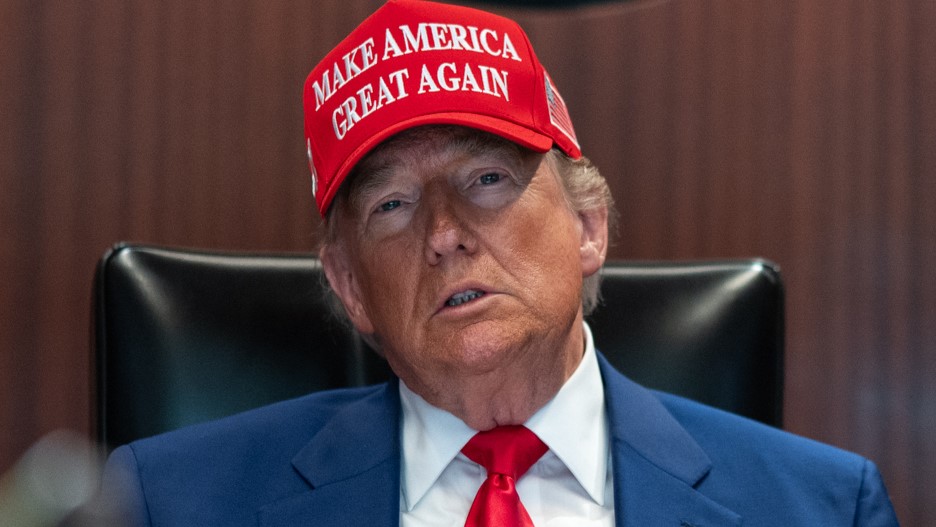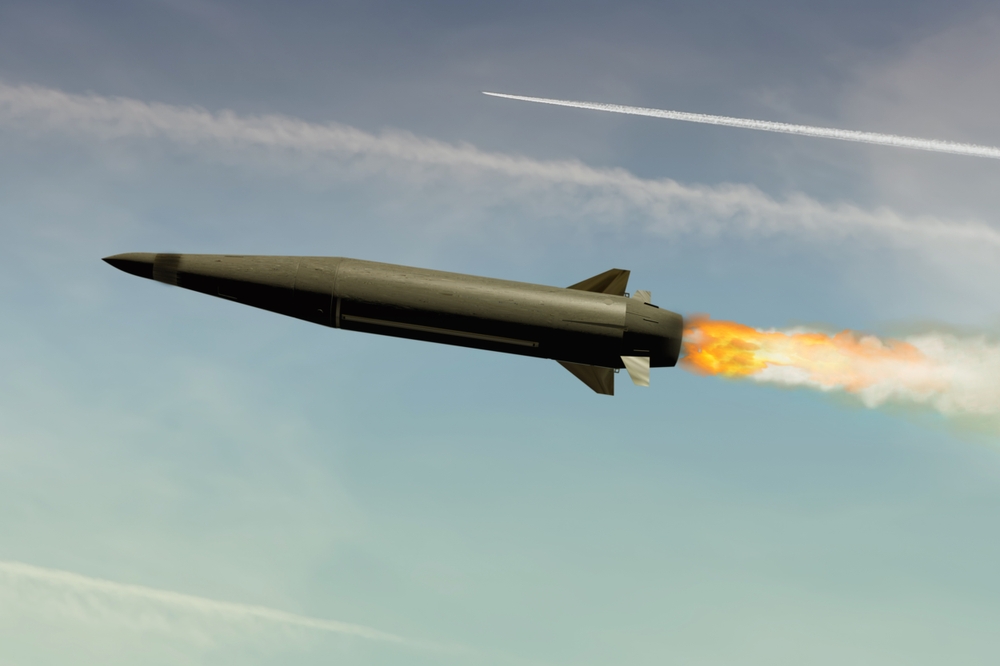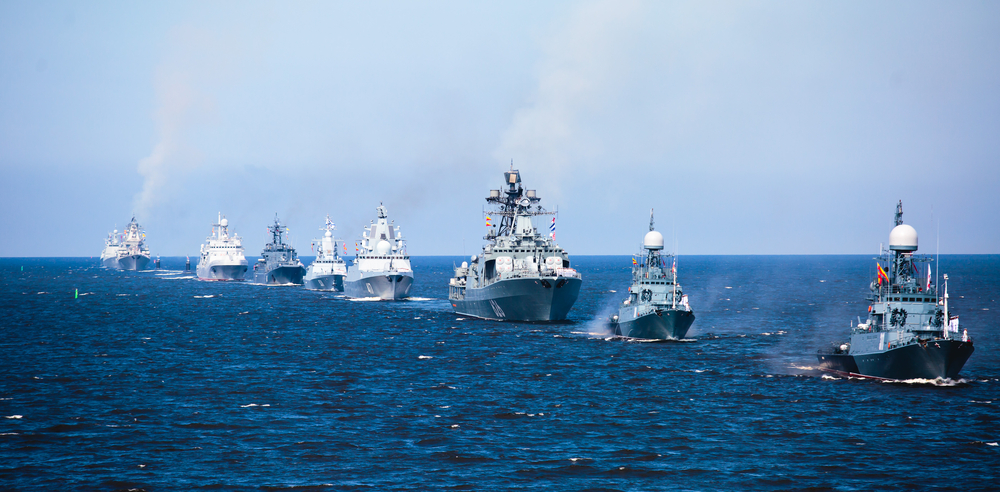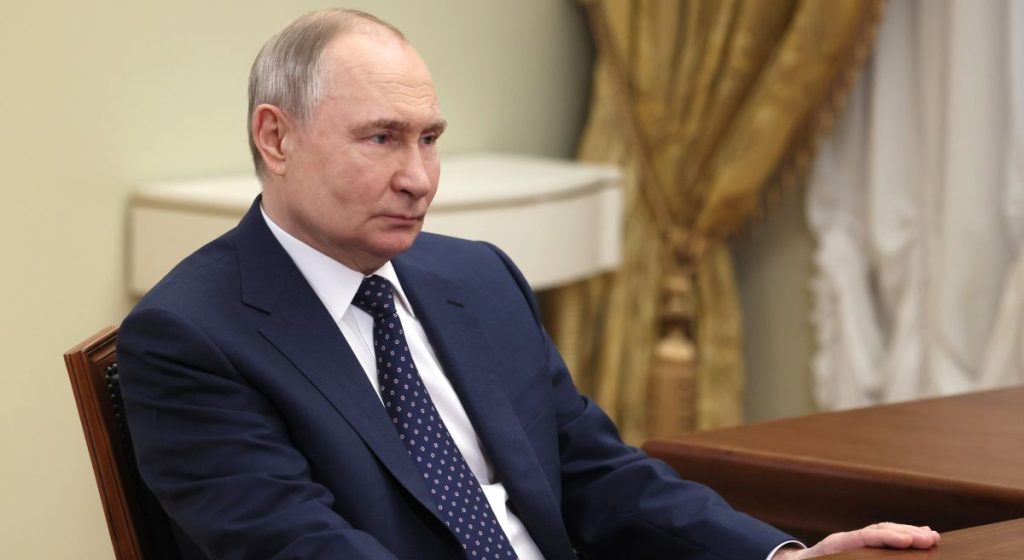Russia has formally abandoned its self‑imposed freeze on deploying short‑ and medium‑range missiles, dramatically escalating tensions with the West.
Others are reading now
The Kremlin says it no longer feels bound by the decades‑old moratorium that kept long range weapons out of active deployment.
Chilling Timing After Trump’s Nuclear Move

The announcement comes just days after Donald Trump revealed he had repositioned US nuclear‑armed submarines.
This tit‑for‑tat display of military posturing is the latest flashpoint between Washington and Moscow.
The Legacy of the INF Treaty

Signed in 1987 by the US and Soviet Union, the Intermediate‑Range Nuclear Forces (INF) Treaty banned ground‑launched missiles with ranges between 500 and 5,500 km (310–3,400 miles).
The US withdrew under Trump in 2019, citing Russian violations.
Also read
Britain Now in Range

With Moscow only 1,700 miles from London, the UK is within reach of newly deployable Russian medium‑range missiles.
Short‑range weapons could also threaten NATO allies closer to Russia’s borders.
Nuclear Bombers on the Move

Reports suggest President Putin has shifted at least four Tu‑95MS nuclear bombers closer to Europe.
The move follows Trump’s orders to move two US nuclear submarines nearer to Russian territory.
Russia Blames US Missile Plans in Europe

The Russian Foreign Ministry says Washington’s “developing plans” to place missiles in Europe and the Asia‑Pacific leave Moscow with no reason to keep its missile freeze. It accuses NATO of edging dangerously close to Russian borders.
Also read
Threats of Deployment if ‘Provoked’

Kremlin spokesman Dmitry Peskov insists Russia reserves the right to deploy missiles if NATO carries out any “provocations” near its territory.
Deputy Foreign Minister Sergey Ryabkov claims Western leaders have not appreciated Moscow’s restraint.
Shadow of a ‘False Flag’ Plot

Russia’s foreign intelligence service, the SVR, accuses the UK of plotting a “false flag” incident an attack staged to appear as if carried out by another country.
Moscow claims this would be used to justify Western military action.
The Risky ‘Shadow Fleet’ at Sea

The Kremlin warns that Britain may target its so‑called “shadow fleet”, a network of tankers trading oil in defiance of sanctions.
Also read
Many of these ageing ships are poorly maintained and could be in danger of sinking.
Analysts See Pretext in the Making

Experts suggest Moscow’s rhetoric could be designed to pre‑emptively blame the West if one of its dilapidated vessels is lost.
Such an incident could give Russia an excuse to escalate military restrictions or take aggressive action at sea.


